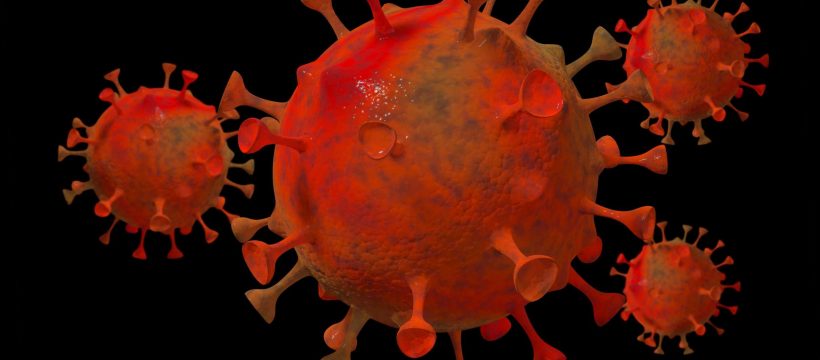SURGE testing is being rolled out in several postcode areas in the UK after six cases of the Brazil Manaus Covid variant were detected.
The new variant is feared to be more contagious – but what are the symptoms and do vaccines work against it?
? Read our coronavirus live blog for the latest news & updates…
Three cases of the variant of concern first identified in Manaus, Brazil – known as the P.1 strain – have been identified by Public Health England (PHE).
Two are from one household in South Gloucestershire with a history of travel to Brazil. A third is understood to be an unlinked case in England.
The other three cases were identified in north-east Scotland.
Prime Minister Boris Johnsonpreviously said they the government were "concerned" about the variant.
Today vaccine minister Nadhim Zahawi urged anyone who took a test across the country on February 12 or 13 and has not yet had their result back to come forward by calling NHS 119 in England.
He said: "In terms of its profile this P1 variant is much closer to the South African variant which we’ve been dealing with now for several weeks by surge testing, genome sequencing, and isolation.
"This is a variant of concern. It’s very similar in terms of its mutations to the South African variant so it is concerning.
"There is one case who the individual didn’t fill in their test card details so we can contact them. They probably got a home kit or a test kit from their local authority.
"What we’re asking today is if anyone had a test on February 12 or 13 to contact NHS 119 so we make sure we identify that individual."
What is the new strain from Brazil?
The new strain was detected in Japan after four travellers returned from Brazil.
The mutation “emerged independently” from those detected in the UK and South Africa, according to virologist Professor Tulio de Oliveira.
He told the Telegraph initial analysis suggests all three variants share concerning characteristics.
Prof de Oliveria, who is leading South Africa’s effort to understand the new strain, said: “We know that B.1.1.248 has one mutation that is shared with the variant in the UK and South Africa, and that's the mutation at position N501Y.
“This is one of the mutations that… is associated with fast transmission.”
Japan reported the mutation to the World Health Organisation (WHO) as the country recorded a sharp rise in cases in recent weeks.
They have expanded their state of emergency to cover even more regions as the country records record numbers of infections.
Is the Brazil strain in the UK?
Six cases of the variant have been detected in the UK.
Surge test sites will open in South Gloucestershire where people will be able to drop off their tests.
It's the first time the variant has been discovered in the UK and South Gloucestershire Council's public health director Sara Blackmore reassured people that the risk of the variant was "low and contained".
Two are from one household in South Gloucestershire with a history of travel to Brazil. A third is understood to be an unlinked case in England.
The other three cases were identified in north-east Scotland.
But Mr Zahawi defended Britain's border measures, saying the fact that person had followed all the rules and isolated properly meant "there’s minimal reason to believe there may be further spread" of the virus.
He added that asymptomatic testing will still be rolled out across the area to make sure the variant hasn't transmitted to other households.
The variant was first picked up during routine surveillance by Japan’s National Institute of Infectious Diseases (NIID), which analyses the genomes from all international travellers who test positive for Covid-19 on arrival.
What are the symptoms of the Brazil strain?
The Government haven't specified what the symptoms of the new strain from Brazil are.
However, experts have said it is characteristically similar to the other Covid mutations from the UK and South Africa.
Speaking previously, the WHO's technical chief, Dr Maria Van Kerkhove, said those infected with different variants had the same symptoms of the disease and there was no severity.
But she said the variant had increased transmission.
The most common signs of Covid to look out for are a loss of taste and smell, a persistent cough, and a high temperature.
WHO's Executive Director Mike Ryan said the variant transmitted in the same way – through respiratory droplets from coughing or in the breath, and from infected surfaces.
The South Africa strain is "more worrying" than a mutant strain discovered in Kent, England, because it is even more infectious.
The UK strain is part of the reason the country was forced into a third national lockdown after some areas were unable to contain cases – even in Tier 4 restrictions.
Source: Read Full Article




